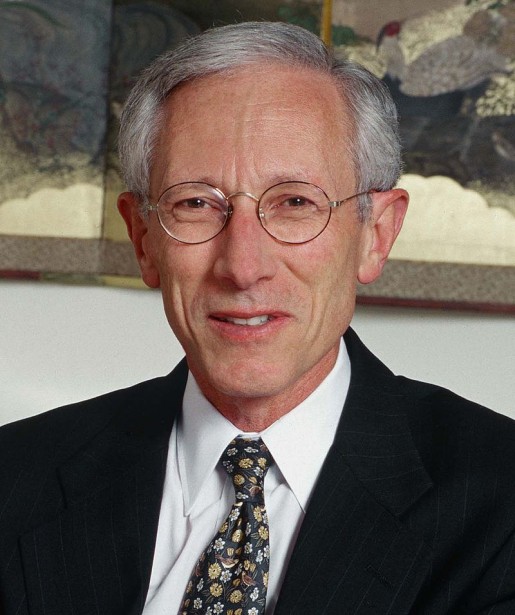The general consensus on Wall Street is that the Federal Reserve will undoubtedly raise interest rates sometime in the middle of next year, citing an improving labor market and the Fed hitting its targeted inflation levels. However, due to a decline in oil prices, some economists and central bank officials are gradually changing their minds.
Fed Vice Chair Stanley Fischer said at a conference sponsored by the Wall Street Journal that if inflation does decline and fail to reach the two percent target rate then the United States central bank will keep rates at near zero and thus delay the hike in the overnight benchmark rates.
According to Fischer, the Fed does in fact project U.S. inflation to slowly climb, but there are still concerns that lower oil prices, weaker global demand and other economic factors could hurt the Fed’s objective of hitting the two percent annual inflation rate.

He noted that if inflation does not signal it will go higher then the Fed will act accordingly. “We have said we are data driven,” Fischer said.
On the other hand, if inflation does ascend then the common sense reaction, says Fischer, is to boost rates.
“If the labor market continues to strengthen, and if we see some signs of inflation beginning to increase, then the natural thing is to get the interest rates up. And we call it normalization,” explained Fischer. “There is a process that is being set off when the first step starts—interest rates are going to go up and they are going to keep going up for some time.”
During this month’s Federal Open Market Committee meeting, observers say officials will ignore the short-term decline in oil prices and instead concentrate on long-term trends.
“It is still premature to begin to raise interest rates,” New York Fed President William Dudley said in a speech at Bernard M. Baruch College. “When interest rates are at the zero lower bound, the risks of tightening a bit too early are likely to be considerably greater than the risks of tightening a bit too late.”



